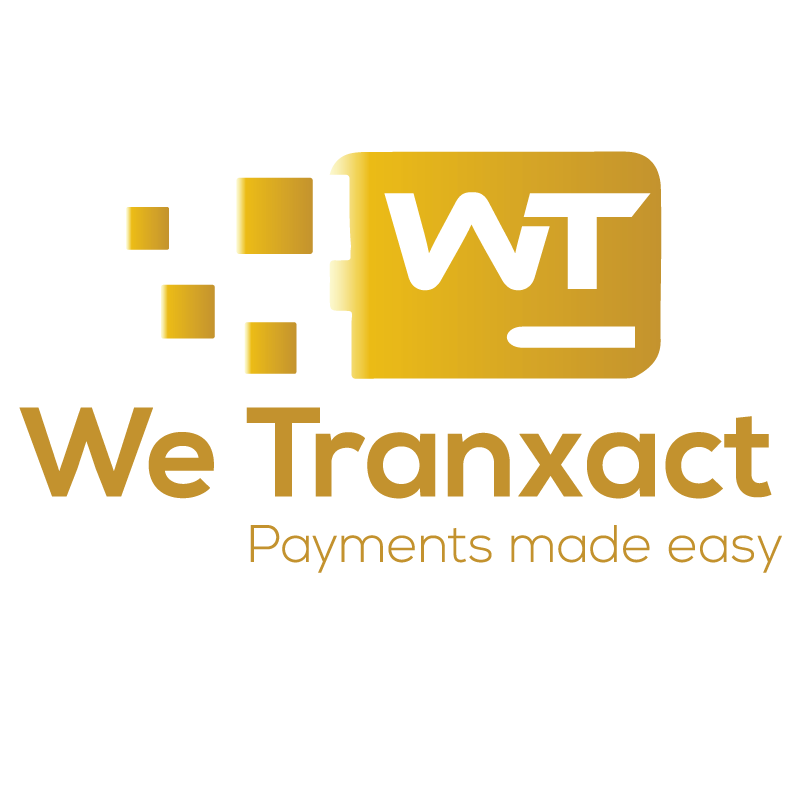Blockchain in Payment Processing: Disrupting Traditional Models
Welcome to the future of payment processing! Imagine a world where transactions are not only secure and convenient, but also completely transparent and decentralized. With blockchain technology shaking things up in the traditional payment processing industry, the possibilities are endless. Join us as we dive into how blockchain is revolutionizing the way we handle transactions, making life easier for both consumers and businesses alike. Get ready for some game-changing insights and a whole new perspective on the way we exchange value in the digital age.
Benefits of Blockchain in Payment Processing
One major benefit of using blockchain technology in payment processing is the increased security it provides. With traditional payment methods, sensitive financial information is stored in centralized databases that are vulnerable to cyber attacks. Blockchain technology, on the other hand, uses a decentralized network of nodes to verify and record transactions, making it nearly impossible for hackers to tamper with the data. This enhanced security gives both businesses and consumers peace of mind when sending and receiving payments.
Another advantage of blockchain in payment processing is the speed and efficiency it offers. Transactions can be processed in a matter of seconds, no matter where the sender and recipient are located. This eliminates the need for intermediaries such as banks, which can slow down the payment process and increase costs. Additionally, blockchain technology allows for greater transparency and traceability of payments, reducing the risk of fraud and errors. Overall, implementing blockchain in payment processing can streamline operations and save businesses time and money in the long run.
Challenges Faced by Traditional Payment Models
One of the biggest is the lack of transparency. With traditional methods, transactions can often be slow and opaque, making it difficult for consumers to track their payments. Blockchain technology, on the other hand, offers a transparent and secure way to process payments. By using a decentralized ledger, blockchain allows users to see exactly where their money is going and when it will arrive.
Another issue with traditional payment models is the risk of fraud and security breaches. Hackers are constantly finding new ways to steal sensitive information from centralized payment systems, putting both consumers and businesses at risk. Blockchain technology mitigates this risk by encrypting transactions and storing them across a network of computers, making it virtually impossible for hackers to alter or steal data. This added layer of security is revolutionizing the payment processing industry and is set to disrupt traditional models for good.
How Blockchain can Improve Security and Efficiency
Blockchain technology has revolutionized the way payment processing is handled, offering improved security and efficiency compared to traditional models. By utilizing decentralized networks and cryptographic encryption, blockchain provides a secure and transparent way to transfer funds without the need for intermediaries. This eliminates the risk of fraud and ensures that transactions are recorded accurately.
Additionally, blockchain offers faster processing times and lower transaction fees compared to traditional payment methods. With transactions being verified and recorded on a distributed ledger, there is no need for multiple parties to confirm the validity of a payment. This not only speeds up the payment process but also reduces the costs associated with processing transactions. Overall, blockchain technology is disrupting the traditional payment processing industry by providing a more secure, efficient, and cost-effective solution for businesses and consumers alike.
Recommendations for Implementing Blockchain in Payment Processing
When looking to implement blockchain in payment processing, there are several key recommendations to consider for a successful integration. Firstly, it is crucial to ensure that the blockchain network chosen is scalable and can handle the transaction volumes required for efficient payment processing. This will help prevent delays and bottlenecks in the system, ensuring a seamless user experience for customers.
- Choose a reputable blockchain platform that is secure and has a proven track record in payment processing.
- Implement smart contracts to automate payment processes and reduce the risk of errors or fraud.
- Provide transparency by allowing customers to track the status of their payments in real-time on the blockchain.
Additionally, it is important to collaborate with industry experts and stakeholders to ensure compliance with regulations and industry best practices. This partnership can help navigate any legal or regulatory challenges that may arise during the implementation process. By following these recommendations, businesses can effectively harness the power of blockchain technology to disrupt traditional payment processing models and drive innovation in the industry.
| Recommendation | Benefits |
|---|---|
| Scalable blockchain network | Efficient payment processing |
| Smart contracts | Automated processes, reduced risk |
| Transparency | Improved customer trust |
In Retrospect
And there you have it – the future of payment processing is here, and it’s called blockchain. With its innovative technology disrupting traditional models, we can expect to see a revolution in how we exchange money online. So next time you make a transaction, remember the power of blockchain and the impact it’s having on the way we pay. Stay tuned for more exciting updates in this space, and get ready to embrace the future of finance in a whole new way. Thanks for reading!






